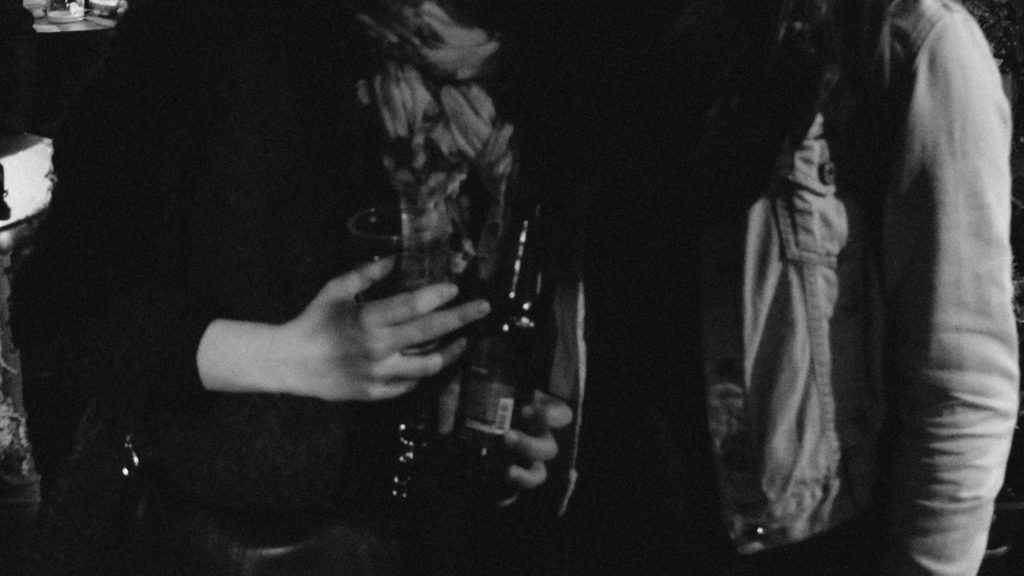
Sara Velaga speaks with young people in Jajce to explore when and why they first tried alcohol.
Barbara is a 20-year-old student from Jajce. She first tried alcohol when she was 13, and had gotten drunk by the time she was 16. She says that she drinks on weekends or at parties, pointing out that it feels good when she drinks. She is used to the effects of alcohol: drinking allows her to have fun and forget about her responsibilities.
Like Barbara, a lot of young people in Jajce drink in bars and at private parties on weekends. This begs the question, has alcohol become synonymous with a good time?
Asja is 23 years of age. She tried alcohol when she was 17 and now drinks a few times each month. She says alcohol makes her feel good, but she also knows her limits and does not cross them.
“I consume alcohol to relax,” explains Asja, although she points out that many others drink and then drive cars, endangering others’ lives.
Valentin is 22 and a student. He says he drinks every weekend. He does not need a reason to drink, and neither does 23-year-old Boris. They both drink because others around them do it, and they say it is harder for them to get drunk today than it was in the past.
“We are Balkan men. We drink. It is impossible to change that,” explains Boris.
Anamarija, 21, first tried alcohol when she was 16. She drinks when there is something to celebrate and when she wants to relax. She thinks young people drink too much and become addicted at too young an age.
The Medical Center in Jajce does not have an exact record of the number of young people who have been admitted for alcohol poisoning, but staff noted an increase in alcohol-related cases during holidays and on weekends; times when youth aged 16-25 typically go out and drink.
Nevertheless, the Center for Social Work in Jajce says that it has five or six middle-aged persons registered as addicts. The Center’s Director, Indira Mehić-Čejvan, said they provide assistance to these people, but not in the form of material assistance that could be spent on alcohol.
To address this problem, rehabilitation centres should be opened for people suffering from alcoholism, where their respective conditions could be treated through a series of workshops and the provision of assistance.
What is really alarming in Jajce and across the rest of Bosnia-Herzegovina is young people’s apparent need for alcohol as a source of fun, happiness and fulfillment. Since the vast majority of young people interviewed drank alcohol before the age of 18, the question arises: Why are cafes and clubs not complying with the statutory rule that “selling alcohol to persons under the age of 18 is prohibited?”
It is impossible to eradicate the habit of alcohol consumption among young people, but it is certainly possible to respect the age limit and, thus, try to reduce the development of these unnecessary habits.






